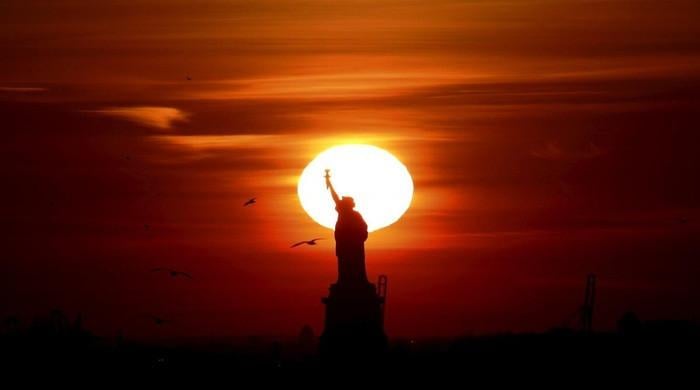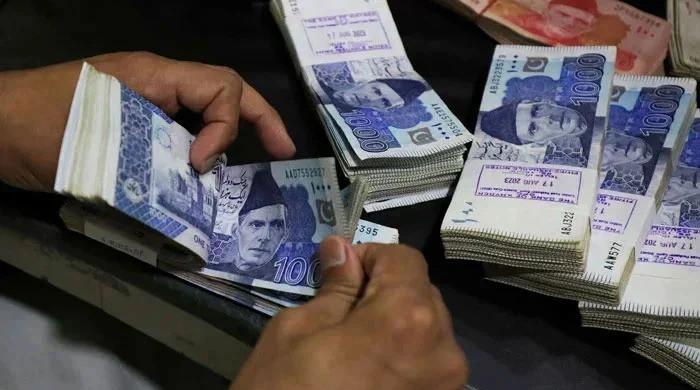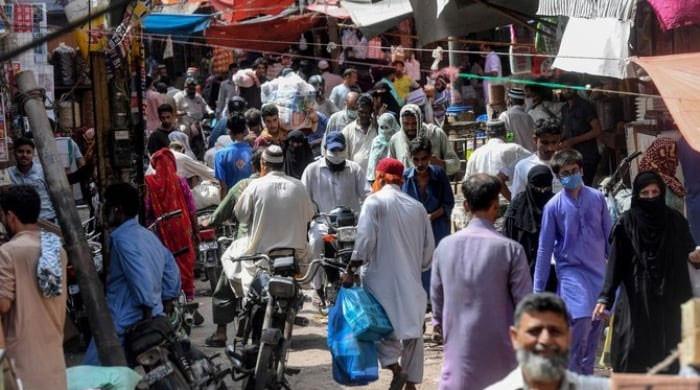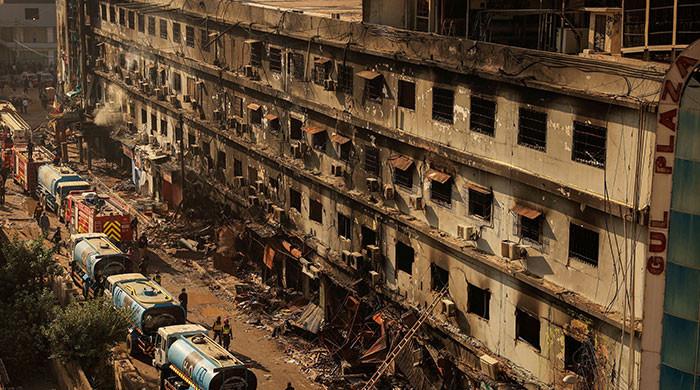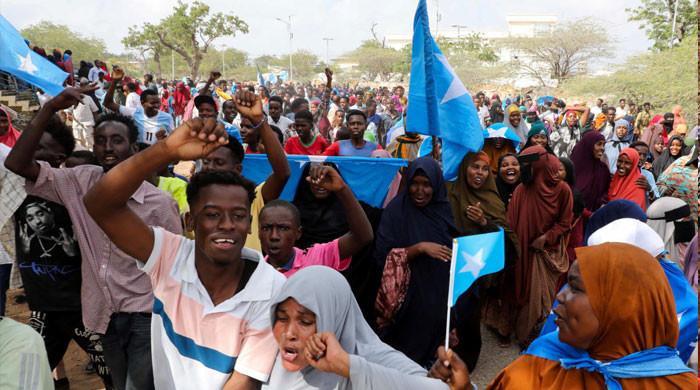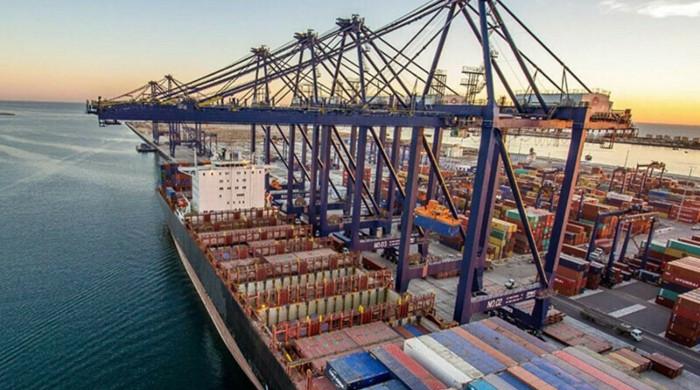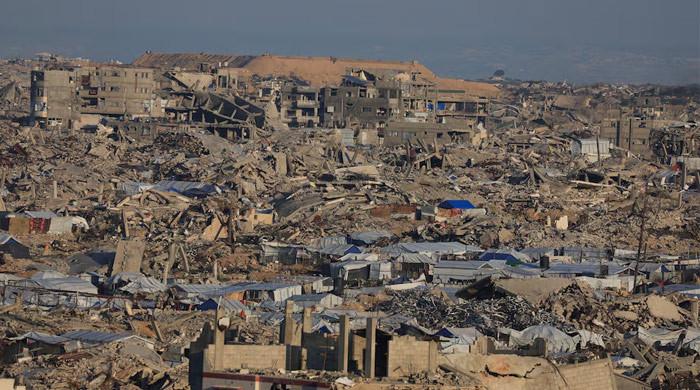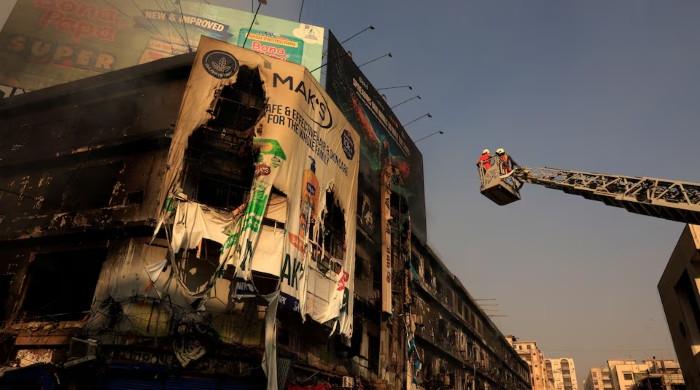Provincial election in ex-FATA: Possible outcomes and the way forward
The lawmakers elected from the tribal districts would have a four-year term unlike the rest of the MPAs whose terms would be for a period of five years
July 20, 2019
July 20 marks a special day in the life of the people of the merged tribal districts, as they go to the polls to elect for the first time their representatives in the Khyber Pakhtunkhwa Assembly.
The last time they voted was a year ago when the July 25 general election was held countrywide. They elected 12 members of the national assembly at the time, but could not vote for members of the provincial assembly as delimitation of constituencies and other preparations had to be made for the polling to take place.
Most political parties had demanded that the polls for the national assembly and the Khyber Pakhtunkhwa assembly, in the merged districts, be held together on July 25, 2018, but this was not possible due to a host of reasons.
Subsequently, the delimitation process was completed in March this year and July 2 was fixed as the polling day. However, security concerns prompted the Pakistan Tehreek-e-Insaf (PTI) government in Khyber Pakhtunkhwa to request the Election Commission of Pakistan to delay the vote by 20 days and hold the polls on July 22. The Election Commission accepted the request, but delayed the polling by 18 instead of 20 days.
The one-year delay in holding the polls for the Khyber Pakhtunkhwa Assembly in the erstwhile FATA has created an anomalous situation. The lawmakers to be elected from the tribal districts on July 20 would have a four-year term unlike the rest of the members of the provincial assembly whose terms would be for a period of five years.
The new MPAs played no role in the election of the chief minister, speaker and deputy speaker held after the July 2018 general election. They also could not get a share in development funds allocated to the MPAs in the two annual budgets presented in the provincial assembly in fiscal 2018 and 2019.
Besides, the 16 MPAs being elected on general seats from ex-FATA and the five others on reserved seats for women and minorities, despite their considerable strength will not be holding the balance of power in the Khyber Pakhtunkhwa due to the absolute majority that the PTI enjoys in the provincial legislature. Even in the unlikely scenario of the PTI suffering a crushing defeat in the polls in the merged districts, the numbers won’t add up to turn PTI’s two-thirds majority into a minority to cause the fall of its government.
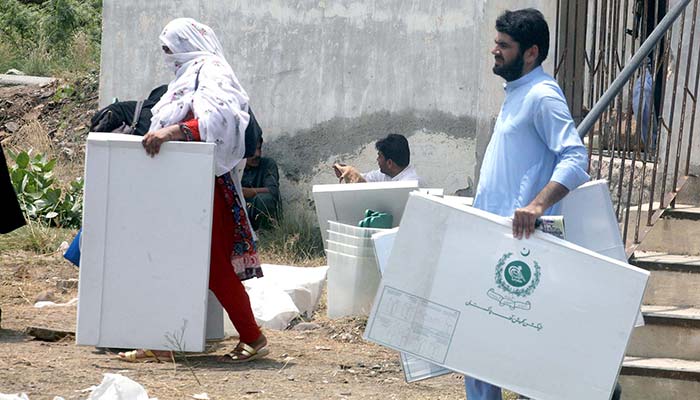
As the merger is a huge challenge, the teething problems being encountered would take time to be overcome. Hopefully, things would be streamlined in due course of time as FATA’s mainstreaming, after its merger with Khyber Pakhtunkhwa, is now underway on all fronts, including political, judicial and economic.
The key to carrying out the reforms to complete the mainstreaming is for the government to keep the focus of attention on the merged districts and make available the required resources. The greater representation of the tribal districts in democratic institutions after the election of the 21 MPAs, in addition to the 12 MNAs and eight senators, would prove instrumental in keeping the government and the nation informed about the problems and aspirations of the tribespeople.
It is a significant electoral exercise even though it is being held in a remote corner of Pakistan where the terrain is harsh and the security situation is still being largely handled by the military.
There are 2.8 million voters, including 1.67 million males and 1.13 million females. As many as 285 candidates fielded by national, regional and ethnic-based parties are in the run for the 16 general seats. For the first-ever time, two female candidates belonging to the secular Awami National Party (ANP) and the Jamaat-i-Islami, an Islamic party, are also contesting against the male contestants. Eight females are vying for the four seats reserved for women. For the lone seat for minorities, there are three candidates put up by different political parties. The Election Commission has set up 1,896 polling stations, including 482 for men, 376 exclusively for women and 1,038 combined, in the seven tribal districts and the six sub-divisions.
The participation of female voters in the election would be keenly watched as less than 10 per cent polling by women would prompt the Election Commission to cancel the polls and order re-election under the law. This has persuaded the political parties and candidates to mobilise their women voters to cast ballots in bigger numbers. This should also ensure a higher turnout, which has been traditionally low in the former tribal areas.
Despite security concerns, the election campaign was remarkably peaceful. The Election Commission acted quickly to order release of certain candidates arrested in South Waziristan as it tried to provide a level playing field to all the parties. The army agreed to the request of the Election Commission to deploy soldiers inside and outside the polling stations even though this was protested by certain political parties, primarily the ANP and PPP.
Keeping in mind the outcome of the July 25, 2018 general election in ex-FATA, the political parties should do well in the polls for the provincial assembly. In the last election, all 12 seats for the National Assembly were won by candidates fielded by the political parties, including six belonging to the PTI, three to the JUI-F, two to the Pashtun Tahafuz Movement (PTM), and one to the PPP.
The independent candidates who used to win a sizeable number of seats in previous polls failed to win any in July 2018. The strengthening of the political parties would augur well for democracy to take root in erstwhile FATA. The PTI and JUI-F again appear to be the leading contenders in the election for the provincial assembly in the merged districts, but the ANP, PTM, PPP, Jamaat-i-Islami and even the PML-N are capable of causing an upset in certain constituencies.
Yusufzai is the Resident Editor of The News International in Peshawar




